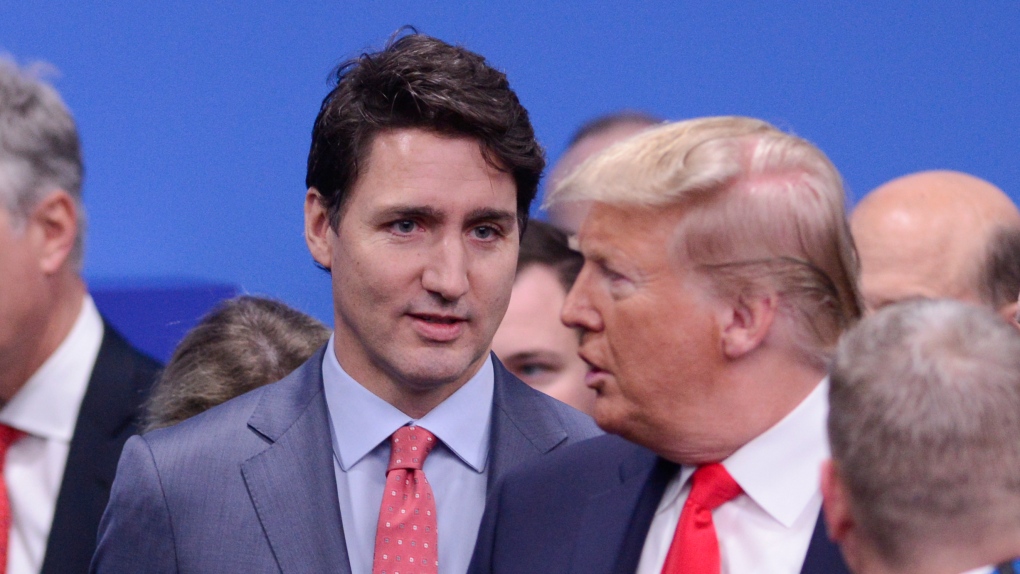In a series of recent statements, President-elect Donald Trump has revived discussions about U.S. territorial expansion, specifically targeting Canada and Greenland. These proposals echo his earlier interest during his first term and have sparked significant international debate.
Anchored In Oklahoma Podcast
Proposal to Annex Canada
On Christmas Day, Trump suggested that Canada could become the 51st U.S. state, offering Canadian citizens a 60% tax reduction and enhanced military protection. He stated, “If Canada was to become our 51st State, their Taxes would be cut by more than 60%, their businesses would immediately double in size, and they would be militarily protected like no other Country anywhere in the World.”
This proposal has been met with skepticism and concern in Canada. Prime Minister Justin Trudeau, whom Trump referred to as “Governor,” has not officially responded, but political analysts suggest that such a move would face substantial legal and political hurdles. The Canadian public has expressed mixed reactions, with some intrigued by potential economic benefits, while others are apprehensive about losing national sovereignty.
Renewed Interest in Greenland
Trump has also reiterated his interest in acquiring Greenland, an autonomous Danish territory rich in natural resources and strategically located in the Arctic. He emphasized that U.S. ownership of Greenland is an “absolute necessity” for national security and global freedom.
Greenland’s leadership has firmly rejected the idea. Prime Minister Mute Egede stated, “Greenland is not for sale,” reaffirming the island’s sovereignty. Denmark’s Prime Minister echoed this sentiment, emphasizing that Greenland’s autonomy is respected and not subject to negotiation.
International Reactions and Implications
Trump’s proposals have elicited varied international reactions. Denmark has announced a $1.5 billion defense package to bolster Greenland’s security, including deploying elite sled dog teams, new patrol boats, and long-range drones. Danish Defense Minister Troels Lund Poulsen stated that this investment aims to enhance Denmark’s presence in the Arctic.
In Panama, Trump criticized the current management of the Panama Canal, suggesting that the U.S. should retake control due to high shipping fees and national security concerns. Panama’s President Laurentino Cortizo reaffirmed the canal’s sovereignty, dismissing Trump’s demands.
Historical Context and Analysis
The idea of U.S. territorial expansion is not new. In the 19th and early 20th centuries, there were discussions about acquiring Greenland and other territories. However, such proposals have rarely progressed due to diplomatic complexities and respect for national sovereignties.
Trump’s recent statements may be strategic, aiming to assert U.S. interests and negotiate better terms with allied nations. Critics warn that such rhetoric could strain diplomatic relations and alienate key allies. Supporters argue that these bold proposals reflect a commitment to strengthening national security and economic prosperity.
Conclusion
While President-elect Trump’s proposals to annex Canada and acquire Greenland have garnered attention, they face significant diplomatic, legal, and political challenges. The sovereignty of nations and international law present formidable barriers to such territorial expansions. As the global community watches closely, the implications of these proposals will continue to unfold in the international arena.
